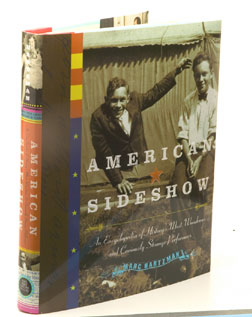In Search of Mr. Busboy
When I was growing up with the elk we had no family name. We were simply known as "That Group of Elk Over There" or "Those Elk Up Yonder." But here in society everyone has a family name. Some examples I've noticed are Smith, Johnson and Wiggins.
I understand that hundreds of years ago these names came about due to a person’s occupation, such as a blacksmith for Smith, or as a descriptor, such as the son of John for Johnson. I don't know what a Wiggins is.
I wonder when people decided to start using these kind of names. And once they did, at what point did they simply stick? In other words, at what point did Johnson stay Johnson, instead of changing with John's son's son? If John's son was Mike (Mike Johnson), shouldn't his son's last name be Mikeson? The same question applies to occupational names. Where's Mr. Livery and Mr. Busboy?
Back home we didn't need names. After all, we didn't get paychecks or monograms or jury duty. But now that I'm here I wish to adopt a family name. Maybe a first name, too.
I understand that hundreds of years ago these names came about due to a person’s occupation, such as a blacksmith for Smith, or as a descriptor, such as the son of John for Johnson. I don't know what a Wiggins is.
I wonder when people decided to start using these kind of names. And once they did, at what point did they simply stick? In other words, at what point did Johnson stay Johnson, instead of changing with John's son's son? If John's son was Mike (Mike Johnson), shouldn't his son's last name be Mikeson? The same question applies to occupational names. Where's Mr. Livery and Mr. Busboy?
Back home we didn't need names. After all, we didn't get paychecks or monograms or jury duty. But now that I'm here I wish to adopt a family name. Maybe a first name, too.

